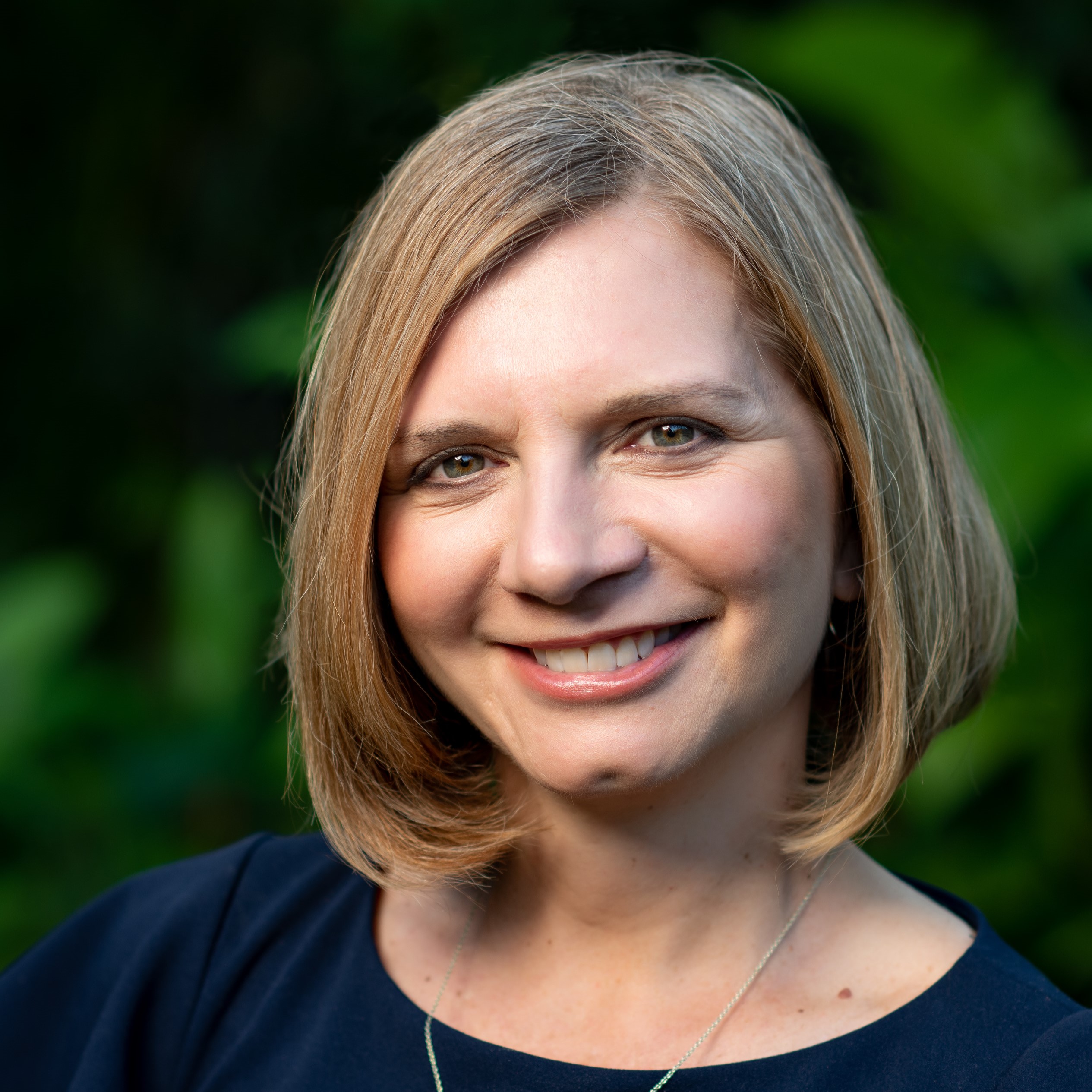If you’re a practitioner in the CSR, ESG or social impact space, I’d wager you feel under-resourced and overextended in your current role (as we intuited – and confirmed – during our last RealTalk webinar). You may feel like you don’t even have time to stop and just think for a minute about where your career is headed and whether it’s even working for you.
Perhaps you feel stuck or uninspired in your current role.
Or maybe you do carve out the time to dedicate to your professional development (bravo!), but you could use some additional support.
No matter your situation, we’ve got you covered! Between the information in this blog (read on!) and Realized Worth’s new online portal launching this fall, we won’t leave you wanting. (We’re talking tools, templates, case studies, research, frameworks, infographics, training, a peer network, and more.) To be the first to know when the platform is ready, drop your information here!
If you have an hour, spend the time to watch the recording of Steer Your Career: Map Your Way To Professional Success In CSR, our latest RealTalk Webinar.
If you only have 10 minutes, read on for the highlights!
Research shows that as humans, we’re universally motivated by Purpose, Mastery and Autonomy. While a big salary or fat benefits package may attract us to a role, these things may actually demotivate us at work once we get beyond a living wage.
Purpose
While most of us in the CSR or social impact space live and breathe our company’s corporate purpose, unless we figure out what that purpose means to us, it won’t inspire us at work. Here’s how to start to identify what’s personally meaningful to you:
- Get clear on your personal values (Brené Brown has a simple resource to get started). Don’t skip this step! As you’re contemplating professional roles (or even corporate cultures), this simple exercise will help you find your best aligned roles and cultures.
- Do an inventory of your current role. What are you spending the most time on? Does it align with your values? What’s missing? What can you stop doing (delegate or reassign)?
- Create a development plan to fill in the gaps. Include this in your individual development plan. Don’t have one? Create one for yourself!
Mastery
Mastery refers to the urge to get better at things because it’s fun or personally satisfying. For the purposes of our discussion, we’re using mastery as more of a category for discussing industry-specific knowledge and tools.
Being the expert in CSR, ESG or social impact field that you are, it’s likely you’ve been a part of a trend-worthy change in this space without even realizing it.
Here’s what we’ve heard from hiring managers about experiences they value that you should highlight and build upon as you document your work history:
- Shifting your Corporate Foundation to a DAF
- Establishing a Corporate Foundation for the first time
- Integrating ERGs into your Volunteer Network (or collaborating in any way with ERGs)
- Collaborating strategically with HR
- Transitioning a social impact team to the broader banner of ESG
- Implementing and managing workplace giving, volunteering and grant making technology
- Data storytelling, visualization, and translation on multiple channels with various audiences
- Collaborating and communicating with finance folks
A Word On Measurement
If you have experience with social impact measurement (in measuring community outcomes and/or business impact!), those insights are absolute gold you must cherish and continue to mine for all they’re worth!
But if don’t have relevant industry experience in impact measurement, don’t despair. Educate yourself with the language used in: CECP Giving In Numbers, the Urban Institute’s dashboards, RWI Tech Review, Edelman Trust Barometer, Purpose Under Pressure and other similar reports. Also, this recent webinar on the “S” in ESG is an excellent primer to get you up to speed on where the industry is headed.
Speaking of getting up to speed and apprised of the latest trends, be sure to add these to your list of regular must-reads:
Networking
While you can do a tremendous amount to self-educate in the CSR/social impact space, there is absolutely no substitute for building your professional network in this industry. We dug into this concept more fully in the webinar, but one fantastic resource from a social impact guru herself is Susan McPherson’s excellent book, The Lost Art of Connecting (Susan’s newsletter is also a must-subscribe!).
Autonomy
The pandemic has upended work schedules more than perhaps any other component of work, forcing conversations of flexible work schedules. Core to this discussion is our collective desire for autonomy: to carve our own path, write our own ticket.
In many ways, if you’ve been in the CSR/social impact space more than a handful of years, you’ve been part of creating this sector and you deserve to leverage that experience for your benefit! That means you’ve earned the right to push the boundaries a bit.
You probably see many ways you could be adding more value to your company in (or beyond) your current role, so consider leaning into self-advocacy and practicing having important conversations with your leader that follow this framework:
- “Here’s what I’ve done over the past 12 months to demonstrate value above and beyond my role and here are the ways those activities have benefited this team, this program, this company. Do you agree that this has been beneficial?”
- “Because of the results we’re seeing, I’d like to propose [position, role, program] and I’d like to work on it myself. To do so, I would either need to remove the following items from my plate or receive a 10% raise. I’m not asking for that now, of course, but I’d love to know your gut reaction.”
- “I’m committed to this team and to what we’re trying to achieve together. If there are other ways I can improve or add value, I’d love to. In the meantime, can we go ahead and set up a time to follow up on this conversation?”
The Most Important Step? The First One!
Phew! That’s a lot of information (and this post merely scratches the surface of the content covered in the webinar and that will be available on the new platform, RW Social REV) and may feel overwhelming. Go back and skim this post again – what jumps out at you or makes you feel a little bit excited? Focus in on that first.
Above all, it’s important that you leave this post with the understanding that your career is important – YOU are important – and deserve a professional life that is well-aligned with the essence of who you are so your full potential can be unlocked.
And if this doesn’t resonate for you, we get it. Sometimes there are periods in our life and career where contentedness is a higher priority than achievement: maintain what’s working, mitigate company risk, opt out of the burnout game. We get it – and we have resources coming for that, too.
But if helps you muster the gusto, consider your development – your success – an act of service for our entire industry. We have much to do and we need you at your highest level of contribution – in your deepest power – to create meaningful, scalable impact!






